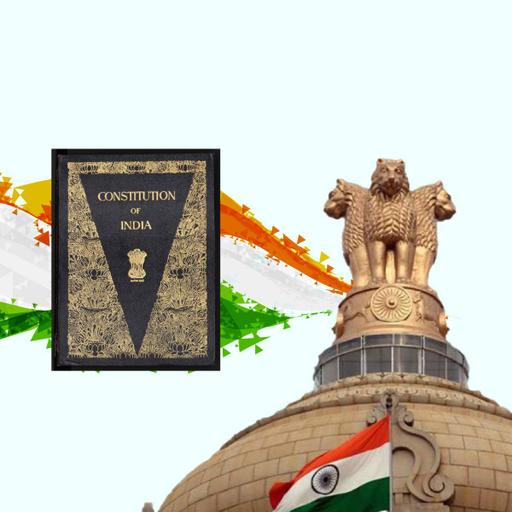Indian Bharanakhadanayile Avakashangal
Presentations | Malayalam
Fundamental rights in India are the basic human rights guaranteed under Part III of the Constitution of India. There are six fundamental rights recognised by the Indian Constitution. They are: Right to equality, Right to freedom, Right against exploitation, Right to freedom of religion, Cultural and Educational Rights, and the Right to constitutional Remedies. Originally Right to property (Article 31) was also included in the Fundamental Rights. However, by the 44th Constitutional Amendment Act, 1978, it was deleted from the list of Fundamental Rights and made a legal right under Article 300A in Part XII of the constitution. The development of Fundamental Rights in India is heavily inspired by United State’s Bill of Rights. These rights are included in the constitution because they are considered essential for the development of the personality of every individual and to preserve human dignity.
ഇന്ത്യയിലെ മൗലികാവകാശങ്ങൾ ഇന്ത്യൻ ഭരണഘടനയുടെ മൂന്നാം ഭാഗം പ്രകാരം ഉറപ്പുനൽകുന്ന അടിസ്ഥാന മനുഷ്യാവകാശങ്ങളാണ്. ഇന്ത്യൻ ഭരണഘടന അംഗീകരിച്ച ആറ് മൗലികാവകാശങ്ങളുണ്ട്. അവ: സമത്വത്തിനുള്ള അവകാശം, സ്വാതന്ത്ര്യത്തിനുള്ള അവകാശം, ചൂഷണത്തിനെതിരായ അവകാശം, മതസ്വാതന്ത്ര്യത്തിനുള്ള അവകാശം. മതം, സാംസ്കാരികവും വിദ്യാഭ്യാസപരവുമായ അവകാശങ്ങൾ, ഭരണഘടനാപരമായ പരിഹാരങ്ങൾക്കുള്ള അവകാശം, യഥാർത്ഥത്തിൽ സ്വത്തിലേക്കുള്ള അവകാശം (ആർട്ടിക്കിൾ 31) മൗലികാവകാശങ്ങളിൽ ഉൾപ്പെടുത്തിയിരുന്നു.എന്നാൽ, 1978 ലെ 44-ം ഭരണഘടനാ ഭേദഗതി നിയമപ്രകാരം അത് മൗലികാവകാശങ്ങളുടെ പട്ടികയിൽ നിന്ന് നീക്കം ചെയ്തു. ഭരണഘടനയുടെ 12-ം ഭാഗത്തിൽ ആർട്ടിക്കിൾ 300 എ പ്രകാരം നിയമപരമായ അവകാശം ഉണ്ടാക്കി.ഇന്ത്യയിലെ മൗലികാവകാശങ്ങളുടെ വികസനം യുണൈറ്റഡ് സ്റ്റേറ്റ്സ് ബിൽ ഓഫ് റൈറ്റ്സിൽ നിന്ന് പ്രചോദനം ഉൾക്കൊണ്ടതാണ്.വ്യക്തിത്വ വികസനത്തിന് അത്യന്താപേക്ഷിതമായതിനാൽ, ഓരോ വ്യക്തിയുടെയും മാനുഷിക അന്തസ്സ് സംരക്ഷിക്കാൻ ഈ അവകാശങ്ങൾ ഭരണഘടനയിൽ ഉൾപ്പെടുത്തിയിട്ടുണ്ട്.

Free
PPTX (74 Slides)
Indian Bharanakhadanayile Avakashangal
Presentations | Malayalam
